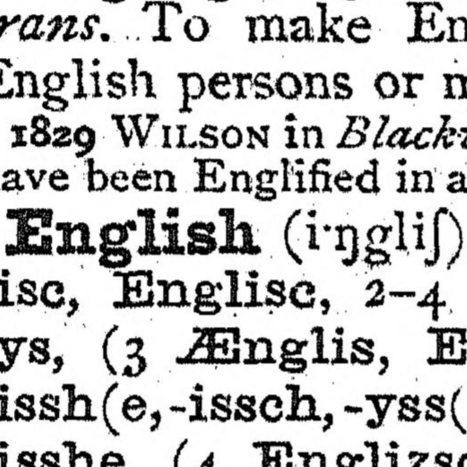Of course the official rule is that for countable things, like apples, we say fewer, as in, “Why are there fewer apples?” And for things that you can’t really count, you use less, as in “We need more dream time and less screen time.”
But recently, even from native speakers who’ve been to university, you can hear people using ‘less’ when the grammar books say they should use ‘fewer’. Language changes and there are many examples of things that we say differently than we write. What are your thoughts?
Should we grammar nazi this until everyone gets back in line? Should we just let language evolve and enjoy the ride? Do you think it will settle in with spoken and written forms being different? Do you think this will become the norm in English?
By the way, I blame supermarkets with their “9 items or less” signs.


yes, but my point is grammatically it refers to the value. 7 is countable (three 7s is 21) but values are uncountable (sort of)
it’s not without concern for the rule, it’s actually following the rule; just the rule gets a bit hard to follow around fungible things like numbers
Thanks for the clarification, I see you are making a distinction between the symbol 7 and the value 7. Then yes I was talking about the value.
At the risk of drifting off topic, I would still argue that integer values are closer to “countable” than “uncountable” – in fact the mathematical notion of “countable” is defined as having one to one correspondence to integers, and is based on the intuition of integers representing the counting of objects. I do concede though that people have different intuitions and intuition is a tricky thing (I myself would consider the value of 2/3 or 3.14 to be closer to being “uncountable”, but mathematically the set of rational numbers is considered countable, intuitively you just need to count in unit of 1/3 or 0.01, respectively)
okay yeah, i don’t really know how to explain my position as i’ve always seen this as axiomatic
i would say linguistics are probably different to mathematics then, as countability is unrelated to integer correspondence. three and a half apples is obviously countable, but doesn’t correspond to any integer.
linguistic countability is more related to whether an item can be treated as plural (some apples) or not (some milk)
you could say “six apples are on the table”, whereas “six are divisible by three” sounds just as stupid as “milk are made by cows”. so in this case 6 (the value) is uncountable.
also is this not contradictory? or do you mean correspond as in each number can be assigned to an integer?
hey, all good points. I was just trying to say that if one had to pursue logical consistency (which is my perception of the theme of the entire thread), then countability becomes a math problem.
no, and yes
meh, i’d say in general language isn’t logically consistent with maths. the english language doubly so. maths has to have prescriptive rules that are internally consistent, english has descriptive rules that are more often broken than followed
i guess that makes sense, i suppose